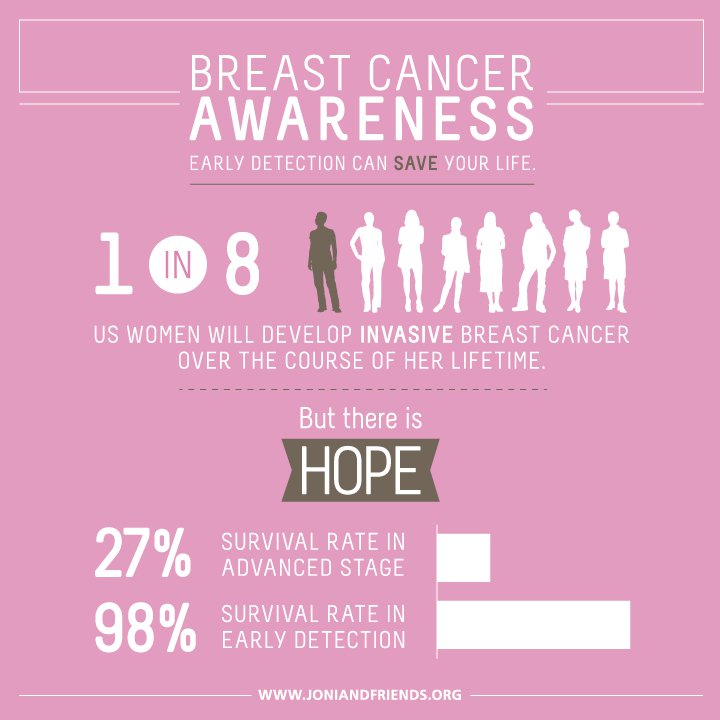Leave a Comment:
6 comments
I have stage 4 breast cancer. I am getting chemo monthly. My cancer is estrogen positive so I take Letrozole daily. I also take a monthly injection for my bones as cancer has mets to bone and liver. I have been trying many holistic remedies as well. I also try eating healthy and I try very hard to avoid hormones in cheese, butter, and meats. Do you think this supplement would help me ? I have been taking turmeric for quite awhile and at this time I have been drinking water infused with fresh ginger, organic cucumbers, and organic lemon. My last PETT scan showed increased activity in my liver and a new lession on spine. Thank you for your help.
ReplyHi Kathy-
I am sorry to read of your stage 4 BC diagnosis. I am a cancer coach specializing in the cancer I have, multiple myeloma. While I am not experienced with your situation I can say that you appear to be working to address the full spectrum of therapies for your situation- conventional, complementary, nutritional, etc. Yes, curcumin and ginger has been shown to be cytotoxic to BC. I have been supplementing with curcumin (Life Extension Foundation SuperBio Curcumin) since 1996 (even though our cancers are very different).
Good luck and hang in there,
David Emerson
ReplyDavid,
How much curcumin do you recommend daily for MM?
Thank you in advance,
Rebecca
Hi Rebecca-
The daily dose of curcumin is up to the person. It is based on the curcumin formula/brand, the status of their MM, side effects, etc. For example, I take one capsule, 400 mg, daily of a brand that is 40x regular curcumin. I am in complete remission.
In my experience, it is about the variety of anti-mm therapies taken by the MM patient- nutrition, Supplementation, lifestyle therapies, etc. etc.
David Emerson
ReplyYou can not use turmeric by itself because the turmeric will not absorb properly you will need to use black pepper in combination with turmeric..sift the two spices together into a nice medium pile and take with 8oz glass of water two-three times a day
ReplyHi James,
You are correct. Curcumin is notoriously difficult to absorb into the bloodstream. Yes, pipeline increases curcumin absorbing into the blood stream.
Most importantly, there are a number of curcumin brands that provide formulas of curcumin that are much more bioavailable. Several of the formulas listed in the post below are more than 100 times more bioavailable than pure curcumin.
https://peoplebeatingcancer.org/the-most-bioavailable-curcumin-formulas/
Thanks,
David Emerson
Reply


